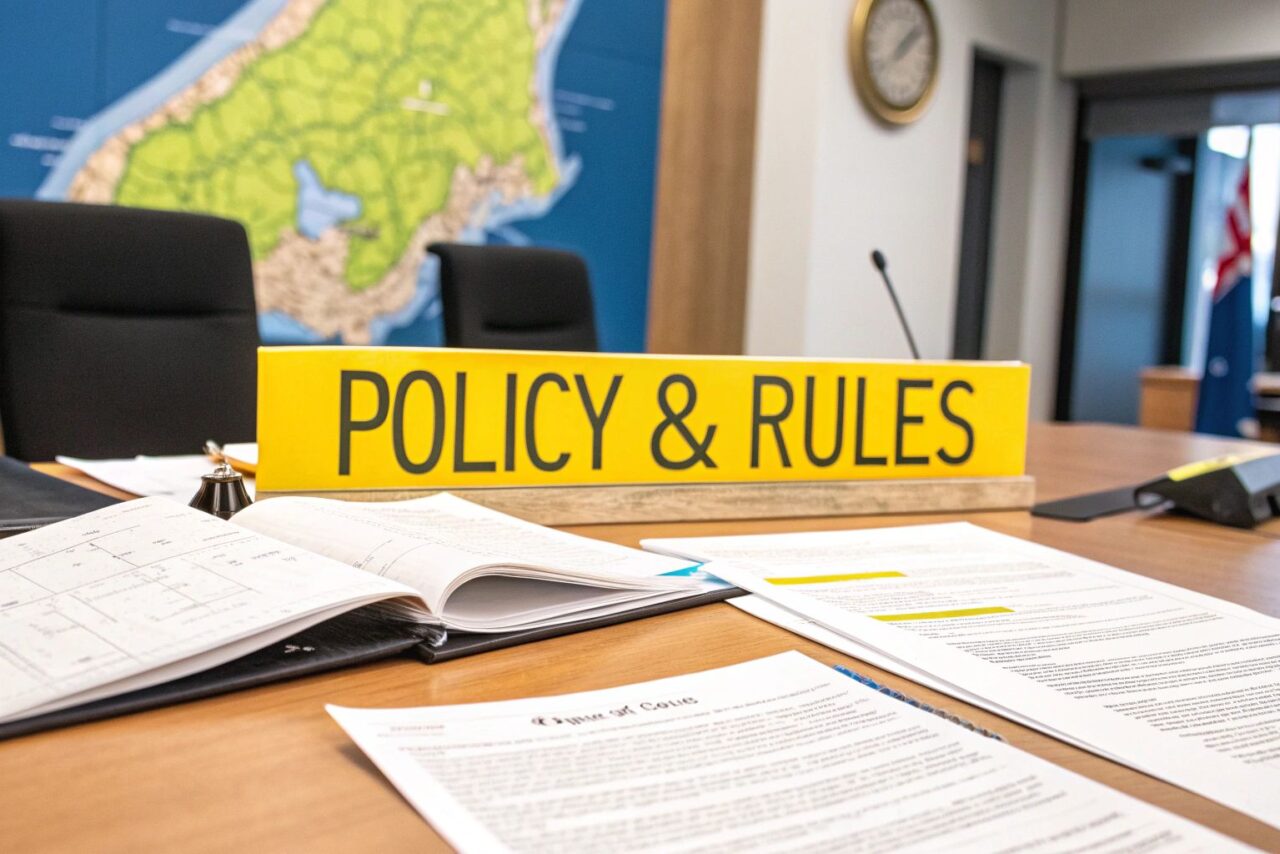
Navigating the world of local government housing policies and Wellington City Council rules can feel complex, but understanding their impact is crucial for any property owner. These regulations directly influence property values, development potential, and even your annual rates. This is where professional advice when selling real estate becomes invaluable.
Here are five key ways Government and Council policies can affect your property.
1. Zoning and the District Plan
The Wellington District Plan is the city’s rulebook for land use. Recent government directives aimed at increasing housing density mean many suburbs are being rezoned. A property in a high-demand area like Aro Valley or Brooklyn, for instance, might suddenly have new potential for subdivision or development, significantly boosting its value. Understanding your property’s specific zoning is the first step to unlocking its true market worth.
2. Wellington Property Rates
Your annual property rates are set by the Wellington City Council and are based on your property’s Capital Value (CV). These funds support essential local services that make our communities desirable. Council budgets and spending priorities, influenced by national policies, determine how much you pay. A well-managed council focused on core infrastructure often leads to stable rates and enhanced local amenities, which is a positive for long-term property values across suburbs like Wadestown and Ngaio.
3. Earthquake-Prone Building (EPB) Policies
In a city like ours, seismic resilience is paramount. If you own an apartment in central Wellington, Te Aro or a character building in Thorndon, its earthquake rating (%NBS) is a critical factor for buyers and lenders. Council enforcement of national EPB policies can require costly strengthening work, which directly impacts a property’s marketability and value. Navigating these requirements with transparency is key to a successful sale.
4. Land Encroachment and Boundary Rules
Disputes over boundaries or encroachments—where a structure from one property crosses onto another—are governed by specific council bylaws and property law. In tightly packed suburbs like Mount Victoria or Roseneath, even a misplaced fence can become a significant issue, sometimes involving Land Encroachment fees. Resolving these matters before listing your property can help make for a smooth transaction.
5. Consenting and Building Regulations
Whether you’re planning a renovation or a potential buyer is considering an extension, the council’s consenting process is a major factor. Policies are constantly evolving to streamline this process, but navigating building codes, heritage protections in areas like Kelburn, and resource consent applications requires expertise. A straightforward consenting path can make a property far more attractive to a wider range of buyers.
Thinking of Selling?
As Wellington’s highly recommended local real estate expert, with over 30 years of extensive sales experience in homes, units, apartments, family estates and rental properties, I’m here to help you make sense of it all. My deep familiarity with the Wellington property market, from Karori to Island Bay, enables me to provide you with the clarity and direction you need.
Understanding how these policies affect your specific property is crucial. If you’re considering selling, let’s talk. I can provide a clear, no-obligation appraisal of your home’s current market value and discuss a strategy that aligns with your goals.
My extensive sales experience and network of contacts are available to ensure a seamless process.
Contact Halina, your local real estate expert, today for a confidential chat about your property. You can find more information at sources like the Wellington City Council and Settled.govt.nz.

.
.
.
.
.
.
.
.
.
.
Disclaimer: The real estate content shared on this blog is intended for general informational purposes only and industry observations. The content may reflect personal views or reference third-party sources, but it is not a substitute for tailored professional advice. Real estate decisions often involve legal, financial, and regulatory complexities, and readers should seek independent guidance from qualified specialists such as legal advisors, financial consultants, or compliance professionals before acting on any information presented here. No warranty is given as to the accuracy, completeness, or current relevance of the material.




